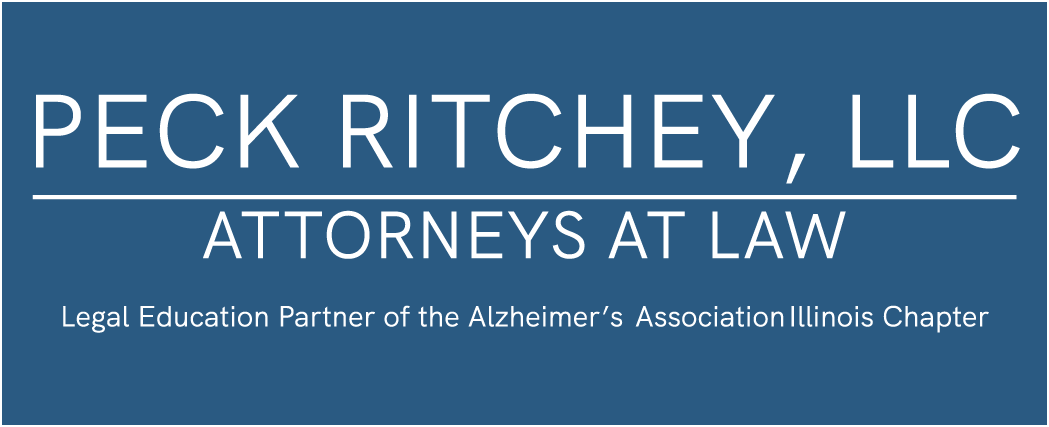Last month, I had the opportunity to not only attend the National Academy of Elder Law Attorneys conference, but also be a presenter….and it didn’t hurt that it was in Orlando, Florida at Disney World. I spoke with my good colleagues Diana Law, of Law Elder Law, and Ed Boyer, of Boyer & Jackson.
The topic of choice was Restoration Hearings: removing a guardian because the ward is no longer “disabled”. Restoration is rare, but not improbable. The basis for a determination of disability by the probate court may be reversed when the disabled person has dramatically improved. During a restoration hearing, medical evidence is presented which demonstrates that the disabled person is now capable of making personal and financial decisions and suffered from a medical condition that has vastly improved.
*Example: John Doe gets into a car accident resulting in a closed head brain injury and severe physical injury. He needs full time care and can no longer manage his estate; therefore, a guardian is appointed. Three years later after physical therapy, rehabilitation, multiple surgeries and drug treatments John is back to full capacity and no longer requires a guardian.
But the recovery does not always need to be this cut and dry. The ward does not need to be able to perform every task in regard to managing his estate and care himself. One issue is: has the disabled person recovered sufficiently enough to communicate to others “responsible decisions” regarding their care?
A restoration hearing is similar to a guardianship hearing because the bottom line is the same: What is in the ward’s best interest? What is the best way to safeguard the ward’s rights? The restoration process is rarely successful except in cases in which the disabled person has a severe temporary disability or a severe disability which improves in an incredible fashion.














